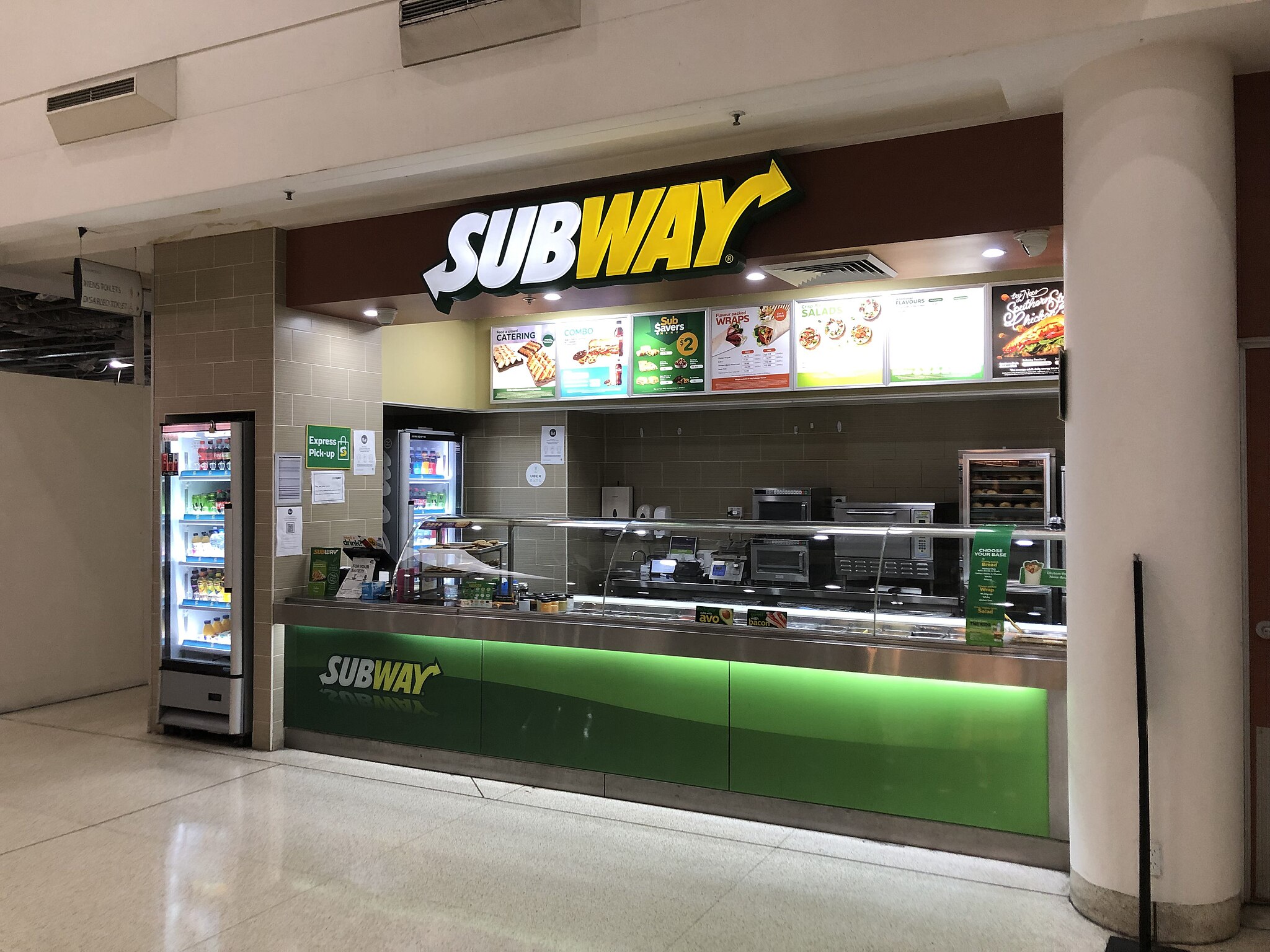The Taxing Question: When is Bread Not Bread
Posted by Stelios on 22nd Sep 2023 Reading Time:
In October 2020, Ireland's Supreme Court ruled that the rolls used in Subway's hot sandwiches contained excessive sugar to be legally classified as bread. This surprising decision revolved around the tax status of these subway rolls.
Image Source: TAC PlazaMaster, CC BY-SA 4.0, via Wikimedia Commons
An Irish franchisee of the US-based chain, Bookfinders Ltd, situated near Galway, had previously asserted that they shouldn't have been required to pay Value Added Tax (VAT) on these rolls as they were used in heated sandwiches. They believed that, being bread, the rolls should have been categorised as a "staple product", thereby attracting zero VAT according to Irish regulations.
However, the heart of the matter lay in Ireland's VAT Act of 1972, which stipulated that ingredients such as sugar and fat in bread shouldn't exceed 2% of the flour's weight in the dough. Following deliberations, the five-judge bench concluded that the sugar content in Subway's white and wholegrain rolls was roughly 10% of the flour's weight.
A spokesperson for Subway had defended their product, stating, "Subway's bread is, of course, bread. We'd been baking fresh bread in our stores for over three decades, and our customers kept returning for sandwiches made from bread that tasted as good as its aroma."
However, the court referred to the VAT Act of 1972, highlighting that it distinguishes staple foods – such as bread, tea, coffee, and milk – from "more discretionary indulgences, "including ice cream, chocolates, and pastries. Given Subway's bread had five times the allowable sugar content, it leaned more towards the latter category.
Image Source: Missvain, CC BY 4.0, via Wikimedia Commons
The legal challenge had its origins in a claim by Bookfinders Ltd. They contended that they were due a refund for VAT payments made between January 2004 and December 2005 at a rate of 9.2%. They argued that they should have been subjected to 0% VAT. However, Mr Justice O'Donnell dismissed the appeal, noting that since the bread in the Subway heated sandwich could not be categorised as 'bread' due to its sugar content, it couldn't be deemed a staple food for tax purposes.
In Irish law, bread is considered a staple food with a zero VAT rate. Following the ruling, the rolls are subject to tax at 13.5%.
This judgement was a culmination of a series of legal challenges. Bookfinders Ltd's request for a VAT refund between 2004 and 2005 was initially denied by Ireland's tax authority in 2006. Subsequent appeals to the High Court and the Court of Appeal were also unsuccessful.
Such tax classifications for food items weren't unprecedented. In 1991, a VAT tribunal in the UK debated the classification of Jaffa cakes. While initially in question, the tribunal ultimately ruled that Jaffa cakes had "sufficient characteristics of cakes", rendering them zero-rated for VAT.
This ruling on Subway's bread underscored food classifications' intricate and sometimes perplexing nature and associated legal and tax implications.



